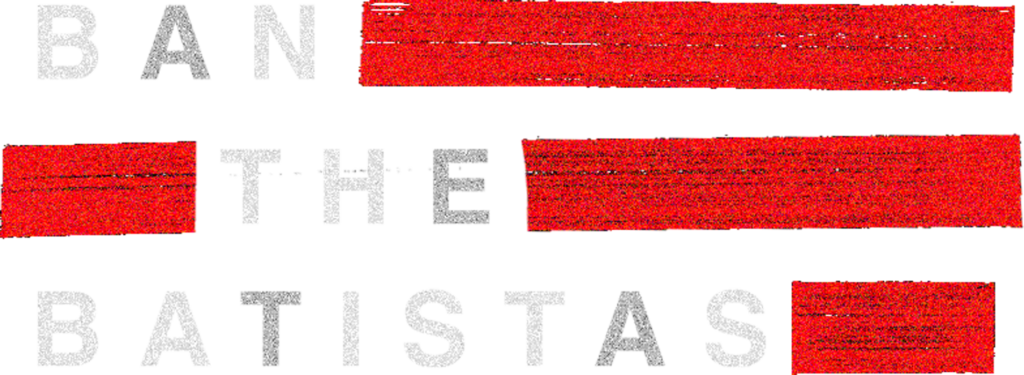This article first appeared in Bloomberg.
A group of UK lawmakers is planning to push the US Securities and Exchange Commission to block listing JBS SA, the world’s largest meat supplier, on the New York Stock Exchange, citing efforts to fight climate change.
JBS “has a well-documented history of engaging in deforestation, violating human rights, and seizing land from Indigenous communities,” according to a draft letter signed by 12 parliamentarians that was expected to be delivered Wednesday to SEC Chair Gary Gensler. “The company’s practices pose a significant threat to the ecosystem for global climate regulation and biodiversity conservation.”
The Brazilian company has been seeking a US listing for more than a decade, following its aggressive expansion that has made it a global giant. With operations from Colorado to New Zealand, the company is the largest producer of beef and chicken, the second-biggest supplier of pork and the No. 1 ready-meals company in the UK. US-based operations generated almost half of JBS’s revenue in 2022.
In an email, JBS said it monitors 70,000 meat suppliers daily via satellite to ensure social and environmental compliance and uses blockchain technology to monitor suppliers of suppliers. “JBS is dedicated to engaging in dialogue with those who really seek constructive discussions and real actions focused on developing more sustainable food systems,” the company wrote.
Ahead of a company listing on a US stock exchange, SEC lawyers typically review a firm’s prospectus and provide feedback on whether disclosures are sufficient. Under securities law, the regulator isn’t responsible for assessing business models or the societal impact of firm activities. The SEC, however, has proposed new rules that would force companies to disclose more about their environmental footprints.
JBS has said it sees the move in the US market as key to accessing a broader pool of institutional investors. In recent presentations, it highlighted the potential of slashing capital costs and boosting stock valuation relative to US rivals such as Tyson Foods Inc. There is potential to nearly triple the company’s market value to almost $30 billion, executives have said.
It was expected the company would face heightened investor scrutiny for its corporate governance as well as its impact on climate change. Deforestation of the Amazon, which has been linked to grazing cattle, is a major contributor to greenhouse gases and JBS has sometimes failed to follow through on its commitment to never buy cattle from deforested areas.
The company set 2025 as a deadline to eliminate deforestation from its cattle supply in the Amazon and Cerrado areas, and during the recent COP28 climate summit it announced its participation in a program launched by Brazil’s Amazonian state of Pará that aims to reach full traceability of cattle raised in the region by 2026, by using chips in calves from birth.
“Anyone who values the importance of protecting our planet must see that allowing JBS’s IPO sends entirely the wrong message,” said Zac Goldsmith of Richmond Park, former minister for energy, climate and environment, who was one of the signers of the letter. “Our focus should be on holding such entities accountable, not facilitating their financial gain.”
SEC representatives didn’t immediately respond to an emailed request for comment.

